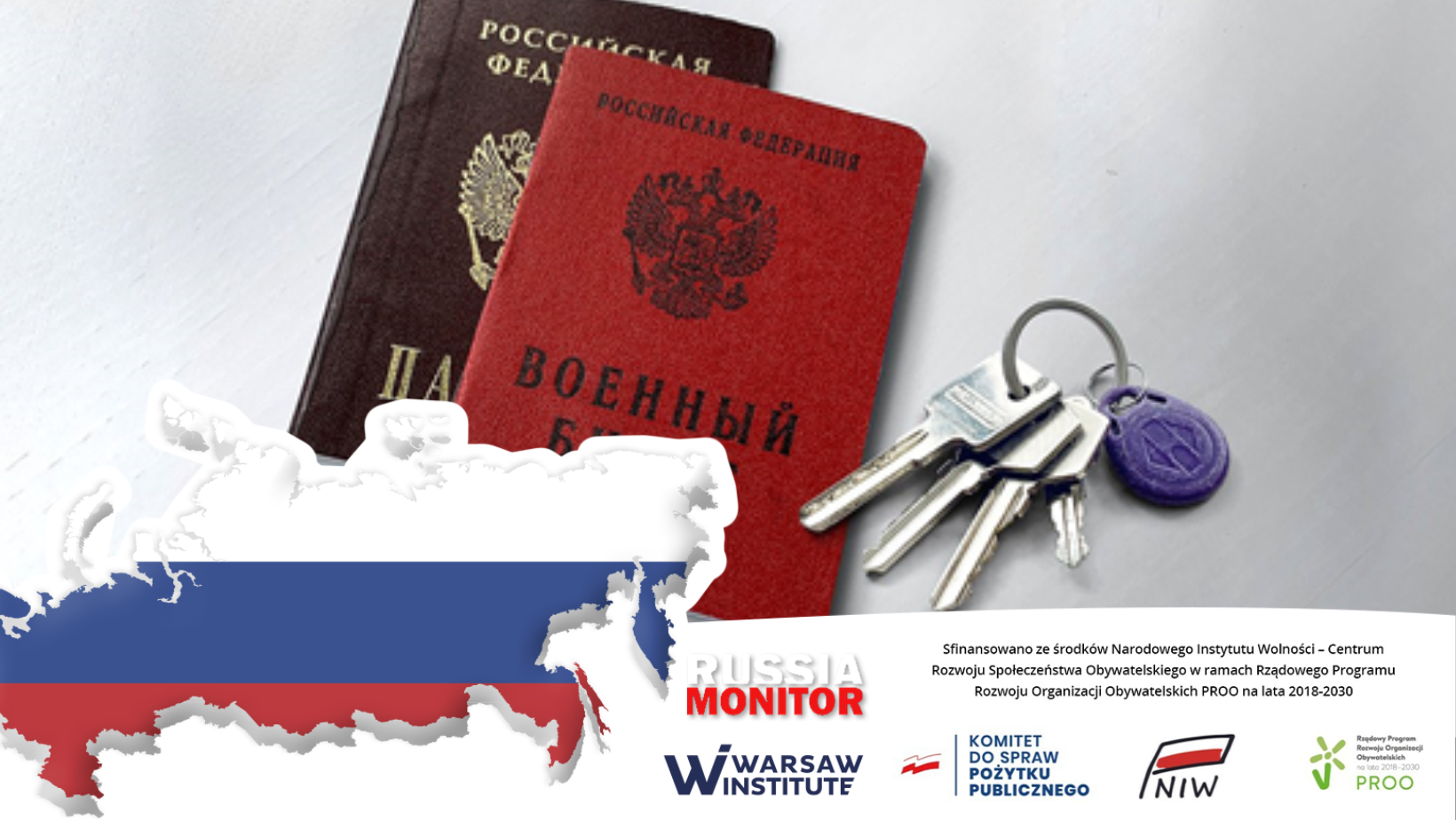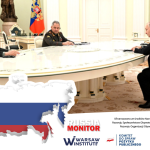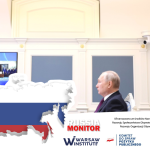
Russia Monitor is a review of the most important events related to Russian internal and external security, as well as its foreign policies.
Date: 30 May 2023 Author: Grzegorz Kuczyński
Russian Parliament Approves Bill Allowing Passport Confiscation From Military Personnel
Russia’s State Duma adopted a bill that grants authorities the power in certain cases to confiscate Russian conscripts’ foreign passports or declare them invalid. Russian lawmakers thus seek to prevent military personnel and fresh conscripts from fleeing the country. However, the law will not take effect until the autumn call-up.

The lower house of the Russian parliament approved amendments that would expand border guards’ power to seize the passports of Russians traveling outside the country. The law provides for seizing passports of conscripts aged 18–27 who were mobilized to join the army. Passports must be handed over to executive authorities in the field of internal affairs and their territorial bodies within five days of receiving the conscription notice. There are some pretenses for having to surrender foreign passports, including when a Russian citizen is summoned by a military police station. Possibly a Russian citizen must temporarily surrender their foreign passport shortly after a meeting at a military recruitment office. If a conscript fails to hand in their passport without providing an acceptable reason, the passport will be declared invalid. Passports will be returned upon completion of either military or civilian service. The bill was introduced in the State Duma back in August 2021. The first hearing occurred in October 2021 while the second––on May 18, 2023. President Vladimir Putin is expected to sign the bill into law after it receives a vote of approval in the upper-house Federation Council. Once signed, it will come into effect within 180 days. Consequently, the new law will not take effect before the autumn call-up. Putin on April 14, 2023, signed into law a bill allowing conscription notices to be sent to recruits through a digital government portal. The bill also authorized the creation of a single registry of people eligible for military service. The registry will contain personal details of those called up for duty, including their place of residence and military entrance processing. Electronic resources will be automatically added to state databases.
Support Us
If content prepared by Warsaw Institute team is useful for you, please support our actions. Donations from private persons are necessary for the continuation of our mission.
All texts published by the Warsaw Institute Foundation may be disseminated on the condition that their origin is credited. Images may not be used without permission.
















